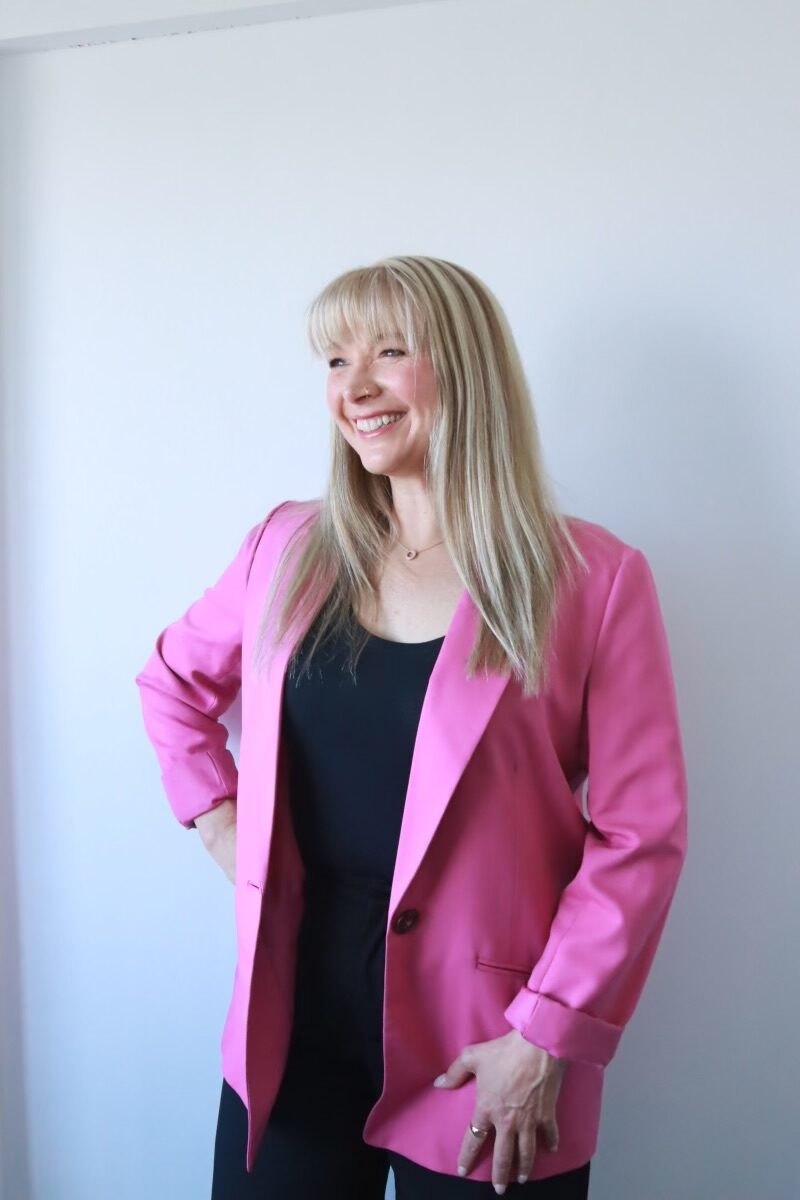Clinical Supervision: Essential for Counsellors
Clinical supervision is essential to counselling, and it is especially important for newly qualified therapists and more senior professionals. It offers a chance to analyse clients’ issues and personal practices, which is key to becoming a better counsellor.
What is clinical supervision?
Working under supervision means that a counsellor or psychotherapist uses the services of a psychotherapist to review their work with ongoing professional development, linking their process and their clients’ experience to grow their personal and professional development in a confidential space.
At the most basic level, supervision means overseeing an individual. This is the supervisory process of counselling and is a requirement of the British Association for Counselling and Psychotherapy (BACP).
It is a professional service rather than a managerial role, and for counsellors who work in institutions, supervision and management are normally entirely separate. The supervisor acts not as a ‘boss’ but as a consultant.
Some counsellors also use group supervision, in which several therapists confer on each other’s work. Normally, this is used in addition to individual supervision rather than as a replacement.
Who needs supervision?
Any counsellor or psychotherapist, regardless of experience, needs supervision. A client who encounters a therapist working without supervision should properly consider carefully whether they wish to work with that therapist.
What does supervision mean for confidentiality?
A practice of supervision means that many details provided by clients are shared with people other than the counsellor who is concerned. However, overall client confidentiality is still safeguarded because:
- Individually identifying information (such as a full name) is not revealed.
- Information shared in supervision is protected under a working agreement and confidentiality contract and normally may not be shared outside the supervision relationship.
This ensures that the information can’t be traced back to the individual it relates to and will not go beyond the relationship, except in exceptional circumstances.
Why is supervision necessary?
In the UK, most professionals regard supervision as a necessity. Bodies such as BACP consider supervision to be essential, both to protect the clients and to improve the skills of counsellors, to make them better equipped to help their clients.
Supervision exists for two reasons:
- To protect clients
- To improve the ability of counsellors to provide value to their clients.
Supervision protects clients by involving an impartial third party in the work of a counsellor and client. This helps reduce the risk of serious oversight and allows the counsellor to reflect on their own feelings, thoughts, behaviour, and general approach to the client.
These opportunities will reflect how they can relate to the client and gather insights from the perspective of another therapist. They will also help the counsellor improve the therapeutic value they are providing for their clients.
How does supervision impact confidentiality?
Clients want to be sure that the information they impart in their sessions remains confidential, so, understandably, disclosure to a supervisor may seem undesirable. However, counsellors take steps to ensure some confidentiality remains:
- Identifying information such as names aren’t disclosed during supervision
- Any details shared during supervision are protected by a confidentiality agreement
This ensures that information can’t be traced back to the individual it relates to and will not go beyond that relationship except in exceptional circumstances.
Choosing a supervisor
Having a great relationship with your supervisor is the key to success; when choosing a supervisor, consider the following things:
- The supervisor’s theoretical background and more professional training
- How long they have been practising (more recently registered therapists should look for more experienced supervisors)
- How personal and supportive you find them and their supervision is like
This will help you decide if they’re right for you.
You can also find out if they’re the suitable supervisor for you by following a few steps:
- You can ask them whether their theoretical input is the same as yours. It can be confusing if you choose a supervisor whose methods and processes differ from your own background and theory training.
- In a private practice, you can safely say that the less experience the counsellor has, the more experience the supervisor needs to have. Research and ask them about the level of experience that your supervisor has. However, think about where you’re at in your counselling process and what levels of experience you might feel are right for you.
- Do they run their private practice? How do they work? Where are they from? Do they have a website?
- Suggest calling them or meeting them in person. Reflect on what information you have on them so far. How do you feel about meeting them?
- The amount of supervision should be proportionate to the nature and amount of therapy; intensive trauma work or heavy caseloads may require more intensive supervision. The minimum requirement for supervision outlined by BACP is one to one and a half hours per month or per eight hours of client contact.
- Finding a supervisor is very personal, just like finding a counsellor. You may not find one right for you straight away, it is important to do your research, suggest a meeting or phone calls.
How do you find a supervisor?
If you’re in a position to look for a supervisor you can search online via BACP’s ‘find a therapist’ directory or by choosing the word ‘supervisor’ in the drop down menu.
Online supervision
This is very similar to what you would do face-to-face with a supervisor. However, sometimes, you could end up finding a supervisor who suits you but lives far away, and it can be difficult trying to meet up. It can be a lot more convenient to do what you need to do online, and you can sometimes have to stick to a local supervisor.
20-minute Informal Chat
Are you looking for the right supervisior to grow your counselling practice? I’m an experienced therapist based in Canterbury, Kent, with 15 years of experience working with adults and children in NHS Schools and private practice. I’ve supported students and qualified counsellors to become the best versions of themselves—both in their practice and in building their businesses. I offer online supervision, creating a flexible and supportive space to explore your potential, navigate challenges, and feel confident in your work. If you’re curious about how I might support you. Book a free 20-minute informal online Zoom meeting, and see if we’re the right fit!
If you’d like to know more about supervision, please look at the BACP website.
https://www.facebook.com/BeckyCares/
https://www.counsellorwhocares.co.uk









